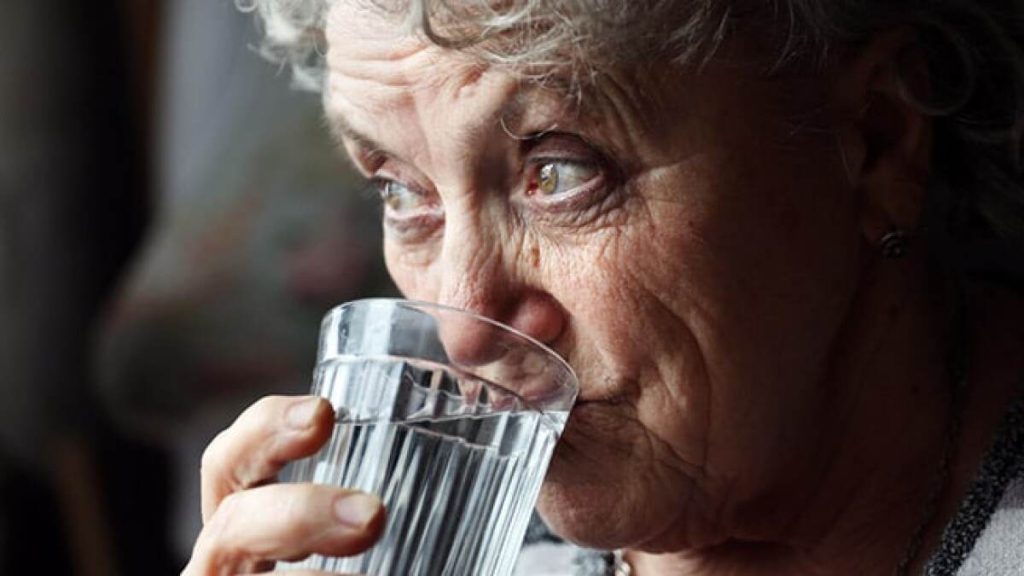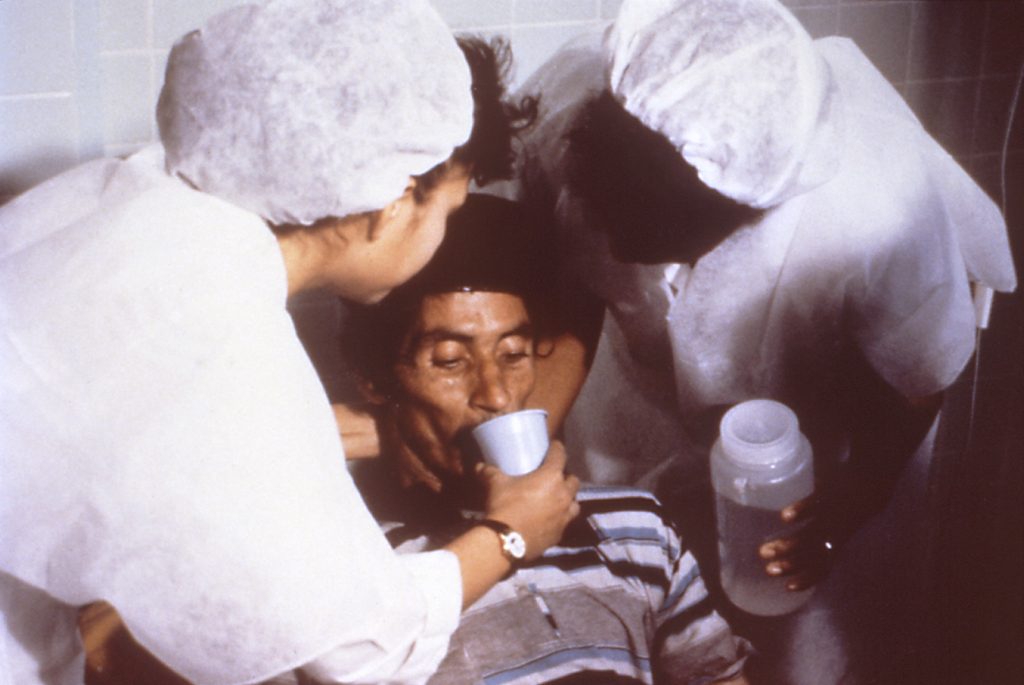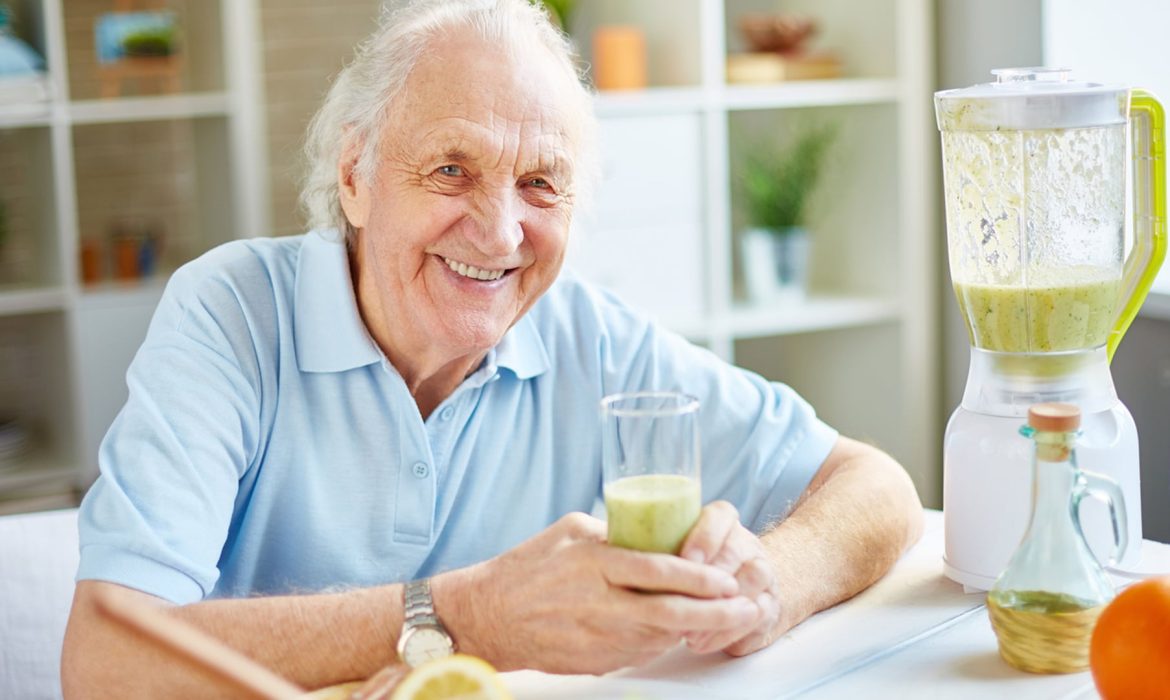Dehydration in Elderly People – How to Recognize and Prevent Dehydration
If you’re an elder, you know how important it is to stay properly hydrated. In fact, dehydration is one of the top ten diagnoses for hospitalizations in the elderly. In fact, health problems caused by dehydration account for more than a billion dollars in costs each year in the U.S., and result in an increased mortality and morbidity rate. Learn how to recognize the symptoms of dehydration in elderly people and how to prevent it.
Symptoms
Dehydration is a common occurrence in elderly people. Elderly people typically become dehydrated when they have minor illnesses such as diarrhea, fever, or cough. However, there are many ways describe on wilmacliving.com to prevent or treat dehydration in the elderly. The most obvious solution is to provide plenty of water and other palatable fluids. For instance, you can offer your loved one a glass of fresh lime juice, frozen fruit, or water.
First of all, you should regularly weigh the senior you care about. If the weight changes during the night, then this could be a sign of dehydration. Make sure staff are always on hand to encourage drinking and make sure that the senior is easily accessible to water. You should also be alert for signs of severe dehydration, which can lead to life-threatening dehydration. Severe dehydration can cause bloody or black stools and can be dangerous.

Causes
Dehydration in the elderly can be caused by a number of different factors. It can be difficult to use the bathroom for them, and urine produced by dehydrated people will often be dark and have a strong odour. Severe dehydration can be life-threatening, and symptoms of dehydration include black or bloody stool and diarrhea that lasts for more than 24 hours. It can also lead to changes in mood and exhaustion.
Dehydration in the elderly is a common health problem, and it is particularly dangerous in those in nursing homes, where staff must monitor the fluid intake of the residents. In addition to low fluid levels, medications and underlying health issues can contribute to dehydration. The best way to identify and prevent dehydration in the elderly is to know the symptoms. They include dry mouth, fatigue, dark urine and lightheadedness.
Treatment
If your senior loved one suffers from mild to moderate dehydration, you can try to treat the problem at home. Adding more water to their daily diet, or even switching to sports drinks, will keep them hydrated. Other options include fruit, smoothies, and milk. Severe dehydration may require additional intervention, such as short-term dialysis. Although dehydration can be dangerous, it can also be prevented.

The aging process has several causes for dehydration, such as a decreased sense of thirst and decreased urinary output. Diarrhea and excessive sweating are also common causes. Other causes are diseases or drugs that make seniors less aware of their thirst and can lead to dehydration. Lastly, many elderly people suffer from cognitive impairments and may not notice that they are thirsty. Therefore, it is critical to identify the underlying causes of dehydration and address them promptly.
Recovery
The average hospital stay for mild to moderate dehydration is between three and five days, depending on the severity of the dehydration and other complications. Severe dehydration can result in delirium and hallucinations. If you notice these symptoms, it is a medical emergency and should be treated immediately in the hospital. If you suspect dehydration in an elderly person, it is important to get him or her fluids at regular intervals throughout the day. Getting dehydrated in the elderly is extremely dangerous. Drinking enough fluids throughout the day can help prevent recurrences of dehydration.
Drinking more water is essential for the recovery of dehydrated elderly people. But you should remember that older people are likely to have difficulty asking for fluids. To avoid this, make sure to take frequent breaks. You should also consult a doctor, especially if your elderly loved one has any medical conditions. They can tailor their fluid intake to the senior’s needs and lifestyle. Some prescription medicines suppress the thirst and mess up the body’s ability to regulate the water levels in the body. Also, remember that heat waves can make dehydration worse for the elderly.
